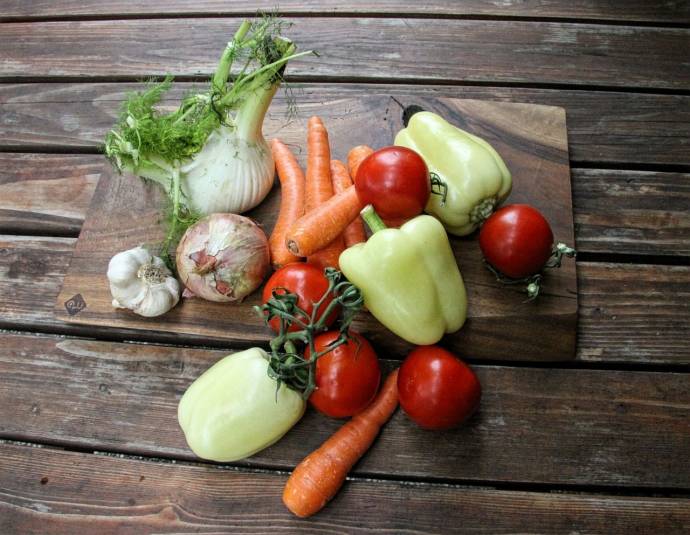STA, February 27, 2018 – Slovenia needs new policies on organic farming which would address current challenges, Agriculture Minister Dejan Židan said at a panel on the development of organic farming in Ljubljana on Tuesday. Janez Ocepek of the Chamber of Agriculture and Forestry believes change is needed in the mindset of farmers and consumers.
While the number of organic farms in Slovenia is increasing, the participants of the event hosted by the National Council, the Agriculture Ministry, the Association of Organic Farmers and the Chamber of Agriculture and Forestry assessed that consumers were not sufficiently informed about organic produce.
Farmers too need to be constantly educated on new technologies available that can make their work easier, they agreed.
Minister Židan noted that when different strategies, decrees and resolutions on farming had been written, the situation was a lot different than it is today. This is why new, updated documents need to be drawn up.
According to the minister, Slovenia is perfectly suited to organic farming and it also boasts high quality drinking water. "This can be best preserved through environmentally friendly types of farming," he stressed.
Ocepek, the head of the committee for environmentally friendly and organic farming at the Agriculture Chamber, assessed that given the natural predispositions and the scope of traditional farming, organic farming could develop faster in Slovenia.
The head of the Association of Organic Farmers, Marija Marinček, pointed to the importance of organic farming in the fight against climate change. She said that there were not enough advisers specialised in organic farming and proposed the creation of an on-line portal for organic farmers.
Anton Jagodic of the Agriculture Chamber said organic farmers should meet and exchange know-how to improve their practices, while more should also be done to develop IT tools designed specifically for them.
Boštjan Petelinc of the Agriculture Ministry said that the number of organic farming certificates had been increasing but that an average EU consumer spent only some EUR 61 on organic products a year, which means that the benefits of organic products should be promoted more.
This was echoed by Jože Ledinek of the Association of Organic Farmers. According to him, the main obstacles to the development of organic farming are fragmented supply, transport, inefficient business operations and disconnected stakeholders.







